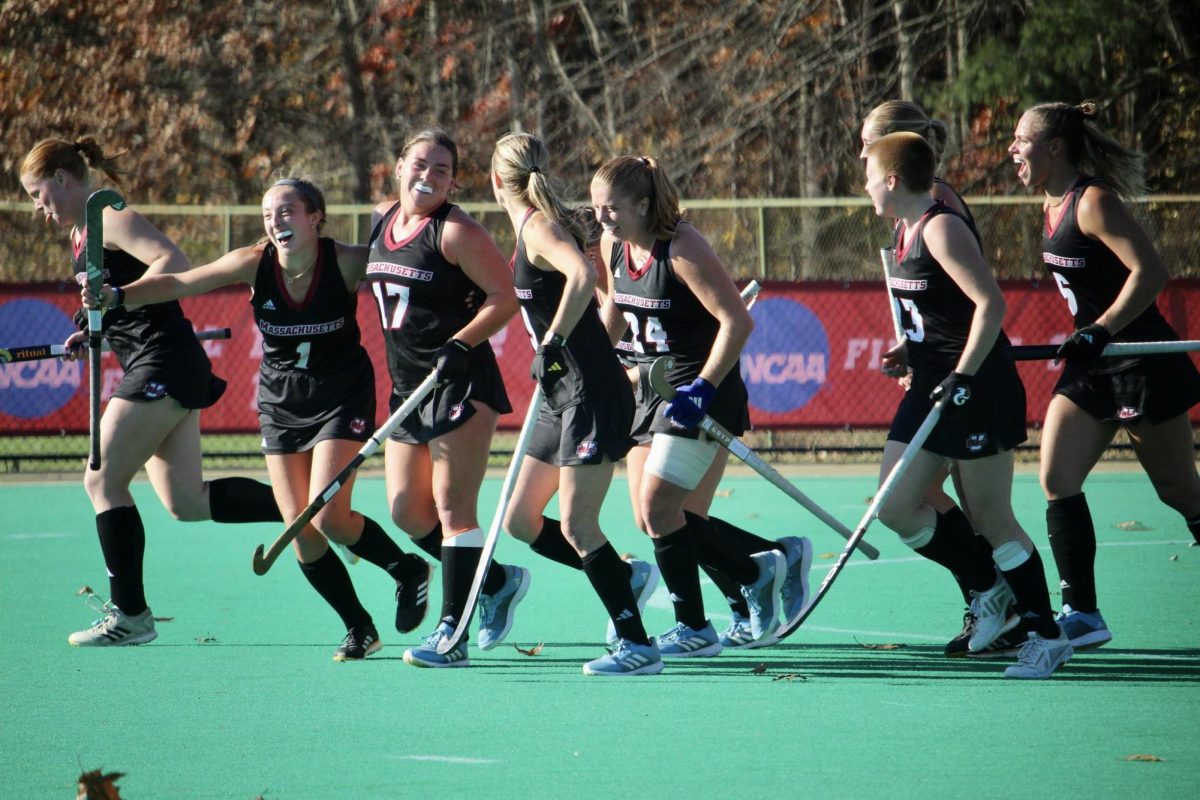In a new feature at DailyCollegian.com, we’re going through the best of the (appropriate) online comments and featuring them here in this space every week.
This week: Planned Parenthood, Virtual School and a blog post from October gets popular for some reason.
RE: “Planned Parent can’t treat a sick society” – Feb. 28, 2011
In the wave of backlash and anger that came out when this controversial column was originally published, there were a few reasonable responses, some in support of the columnist. Here’s an example, Mary O’Hughes said:
“Congratulations, Ms. Lomakina, you’ve sent the progressives and feminists into a serious tizzy. As George Orwell said, “During times of universal deceit, telling the truth becomes a revolutionary act.” We are truly living in a time of universal deceit, especially about men and women. Women are at a physical disadvantage to most men, and it’s true that walking around drunk and half-dressed puts a young woman at a serious disadvantage. Not that any women ever deserves rape, but some situations are far riskier than others. Previous generations knew this and passed on sensible advice to protect their young women. The current hypersexual popular culture is harmful to both men and women, but especially to women, who have more to lose (another biological fact, sorry!). Maybe that’s why more young women are waking up and choosing not to be sexually active until they’re in a committed relationship. They’re the revolutionary ones today! Smarter too.
Shame on the Daily Collegian for firing Lomakina. How about freedom of speech and debating with those you disagree with?”
RE: “Virtual school is realistically a catastrophe” – March 10, 2011
In Collegian columnist Chelsea Whitton’s article on virtual schools, we got a response from a teacher from an actual virtual school, which was a great addition to the discussion. Devin Lee said:
“Chelsea,
I am a virtual high school teacher. I understand many of the concerns you outlined in your article. I had them too when I first considered taking the position of an online teacher. However, what I envisioned in my mind and what I experienced as the reality of the virtual school environment were two very different images indeed.
What is life like for virtual students? It’s remarkably similar in many ways to that of students in a brick-and-mortar school.
• They attend classes conducted by the certified content-area teacher for that subject (in an online virtual classroom).
• They chat with students before class (via the online classroom “chatbox).
• They ask questions of the teacher for clarification on concepts (in the “chatbox” during class, via internal emails, by phone, by Instant Messenger, and/or during scheduled office hours)
• Students even submit pictures for and may purchase a yearbook. (An actual, tangible, print copy of a yearbook, probably much like one of yours)
• Students join Clubs and attend meetings (in the online classrooms)
What is life not like for a virtual student?
• There is no bullying for looking different, having different beliefs, being academically advanced. Students are free to learn, period.
• The school day is not confined to 8am to 3pm, Monday through Friday. Students organize their academic time around family, life, medical issues, extra-curricular pursuits.
• There is not a lack of socialization/peer interaction. They see their friends at local area field trips/outings organized by the school and form outside-of-school friendships with their classmates as well. In addition, families participate in many other activities/organizations in which their children engage with other children.
• It is not 6 or more hours a day staring at a computer screen. In the very early grades, children spend the majority of their academic time engaged in “offline” work guided by the parent (or learning coach). So, the student has a one-on-one teaching environment as opposed to 1 teacher to 20 1st graders who need help. In the upper grades, students do spend more time working online, but they are also:
1. completing offline science labs with materials provided by the school
2. creating hands-on art projects for Art class
3. participating in discussion threads that promote higher-level thinking skills
Although virtual school may not be the ideal situation for EVERY student, it proves to be an excellent fit for some. I have students who have medical issues that would cause them to lose credits due to attendance laws if they were enrolled in a “brick-and-mortar” school. In our school, the student may log his time around doctor appointments/ medical procedures. He’s not confined to the 8am to 3pm, Monday through Friday schedule of the local public school.
I also have students who are pursuing their interests, such as actors, professional tennis players, gymnasts, and more. These students also appreciate the flexibility of their virtual school environment.
The picture you paint in your article is not appealing, but it is not an accurate depiction of the life of a virtual school student. I encourage you to open your mind to the possibility that your vision is skewed by your lack of knowledge on the subject of virtual schools. We often cannot understand that which we have not experienced ourselves.
Sincerely,
Devin Lee
TxVA High School”
RE: “The 10 websites your homework hates” – Oct. 22 2010
Back in October, Acacia DiCiaccio wrote a nice little blog post about sites that homework hated. It was a nice post, but quickly fell to the wayside. However, one of those sites, StumbleUpon, caught on to it, and it has now become the most read story in the history of DailyCollegian.com. We don’t know if that’s a good or a bad thing.
There were a lot of fitting comments, here’s a couple:
bob said: “Stumbled upon this while procrastinating in the Umass Library…weeeiirrrddddd….”
jynnantonix said: “Haha, so true! I came to this list thanks to stumbleupon, which I’m only on because I’m putting off some rather important paper-writing! Funny old world, isn’t it? ![]() ”
”
Oddly enough, we posted another article, “10 More Sites that Your Homework Hates,” by Ashley Berger. It’s not as popular.






